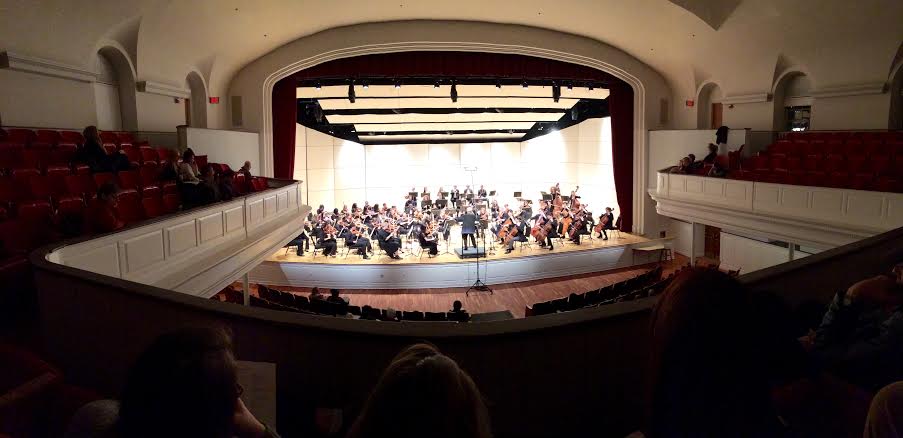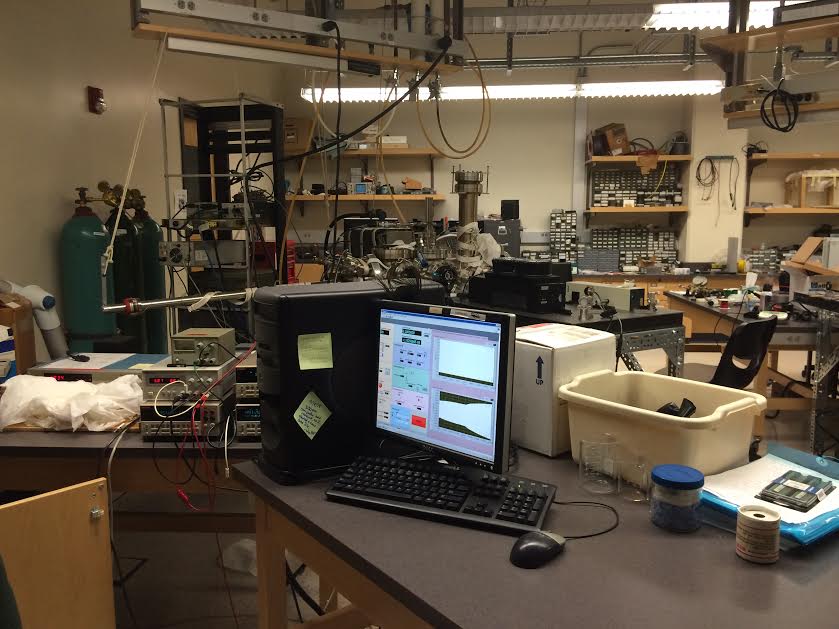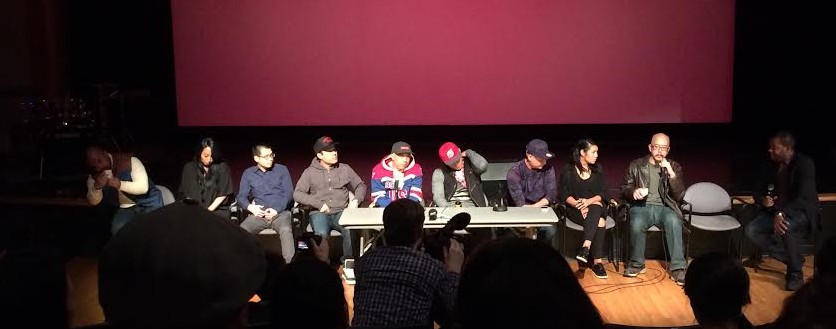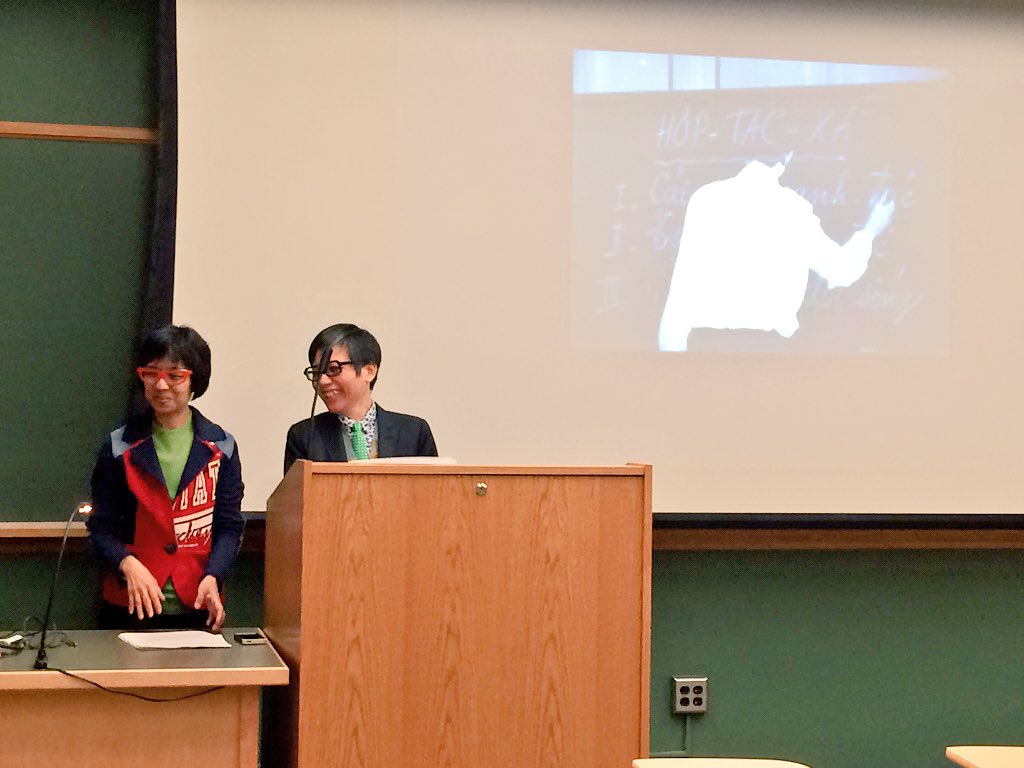Today, my history professor Anita Kurimay brought visiting guest speaker, and Assistant Professor of Sociology at Masaryk University in the Czech Republic, Katerina Liskova to our class to sit in on our discussion on how communist leaders, intellectuals, and everyday people responded to the suppression of reform movements in East Central Europe.
 We focused on anti-politics and ethics as a means for people to stop participating in public life away from Communist party scrutiny. People had stopped believing in “socialism with a human face” and instead turned to private life, religion, culture, moral issues, ethics, and anti-politics.
We focused on anti-politics and ethics as a means for people to stop participating in public life away from Communist party scrutiny. People had stopped believing in “socialism with a human face” and instead turned to private life, religion, culture, moral issues, ethics, and anti-politics.
Katerina Liskova’s area of interest is in sexology, which involves aspects of both private and public life. Her opinion on anti-politics in East Central Europe was that it was sometimes difficult to separate private and public life when the Communist party was heavily invested in the reproductive health of their people as a reflection of the growth and strength of socialism.







 Conference: March 31-April 1, 2016 at Bryn Mawr College
Conference: March 31-April 1, 2016 at Bryn Mawr College